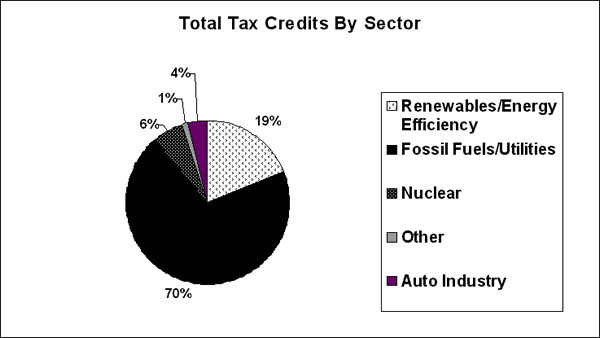more
information > analysis
of 2001-02 legislation / subsidies
for dirty energy > analysis of the house energy
bill
Analysis of the House Energy
Bill
Under pressure from the oil and auto industries in
August of 2001, Congress rejected amendments to the
administration's energy plan that would have protected the
coastal plain of the Arctic Refuge from oil drilling and
increased auto fuel efficiency standards. Without these
amendments, the final version of the energy plan that passed
the House is still dirty, dangerous, and doesn't deliver for
consumers.
The House defeated the Arctic amendment 206-222.
The amendment, offered by our champions Ed Markey of
Massachusetts and Nancy Johnson of Connecticut, would have
stripped Arctic drilling language from the Bush Energy Plan.
Rep. Markey also offered the amendment to increase corporate
auto fuel efficiency standards (also called CAFE standards) by
closing the loophole exempting light trucks and SUVs from fuel
economy standards, and it, too, was voted
down.
The Energy Tax Policy Act of 2001 is Dirty,
Dangerous and Doesn't Deliver for
Consumers
The
House's Securing America's Future Energy Act uses taxpayer
dollars to subsidize pollution from coal burning and nuclear
power plants and more oil drilling in pristine wilderness
areas. Approximately 80 percent of the tax provisions go to
polluting energy industries. The bill offers oil, coal,
nuclear and auto companies $29 billion in tax breaks that
would increase air, global warming and radioactive waste
pollution. In contrast, only 19 percent - less than one fifth
- of the tax incentives go to energy efficiency and renewable
energy incentives.
|
Sector |
Incentives |
% of Total
Package |
|
Renewables/Energy Efficiency |
$7.1
billion |
19% |
|
Fossil
Fuels/Utilities |
$25.4
billion |
70% |
|
Nuclear
Power |
$2.2
billion |
6% |
|
Auto
Industry |
$1.5
billion |
4% |
|
Other |
$0.3 billion
|
1% |
|
Total Tax
Incentives |
$36.5
billion |
lk |

U.S. PIRG
compiled this chart using data from the Joint Committee on
Taxation's analysis entitled "Estimated Revenue Effects of a
Chairman's Amendment in the Nature of a Substitute to the
Energy Tax Policy Act of 2001."
For more
information contact:
Anna Aurilio, Pierre Sadik or Katherine
Morrison